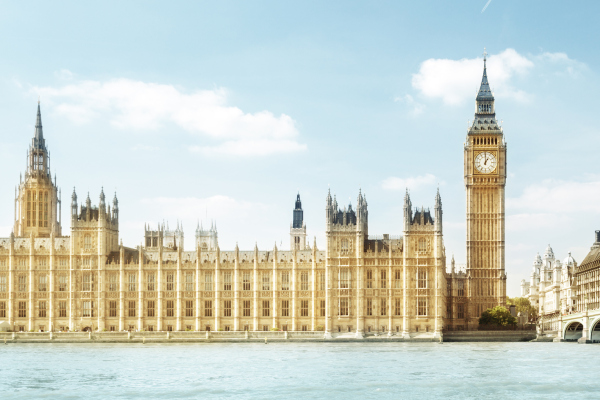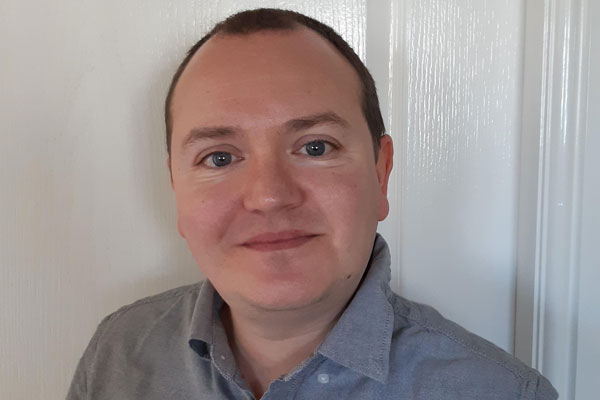Concerns that we’ve raised about the impact the Police, Crime, Sentencing and Courts bill could have on confidentiality were mentioned during a House of Lords debate.
We joined the British Psychological Society (BPS) to brief Peers on the bill ahead of the debate.
In the joint briefing, we urged the Government to amend the bill in order to withdraw Clauses 9, 15 and 16 in Chapter 1, which would afford police the power to override the duty of medical confidentiality.
We said there’s already a system in place which allows police to access confidential information in the exceptional circumstances where this is necessary for public safety.
An amendment explaining this was put forward by Baroness Brinton, Lord Patel, Lord Ribeiro and Lord Paddick at the second committee stage debate.
The Government has now agreed to organise a meeting with Baroness Brinton to discuss this issue further, ahead of the bill going forward to the next stage in the process, known as the report stage.
Ethical dimension
Martin Bell, our Head of Policy and Public Affairs, said: “This was an important opportunity to challenge the Government, on behalf of our members, to think again about the ethical dimension of their proposals on patient confidentiality. We’re grateful for Baroness Brinton and Lord Paddick for their support and securing further discussions with Government.
“We hope these lead to the eventual withdrawal of these damaging clauses. BACP’s policy team will continue to monitor this situation closely and will be working with the British Psychological Society on next steps in advance of report stage”.
During the debate Lord Paddick, a Liberal Democrat peer, referenced our briefing and mentioned both BACP and BPS.
He said: “They believe that the Bill as drafted allows the police to override the duty of medical confidentiality, eroding trust and confidence in clinical psychologists, counsellors and psychotherapists with the associated threat to public health, as we have heard from the noble Lord, Lord Patel, who also believes that it will undermine the relationship between him as a doctor and his patients.”
He added: “Whether we are talking about doctors in general practice or psychiatrists, psychologists or counsellors, there are already well-established, well-understood policies and procedures, practices and protocols to deal with the balance between patient confidentiality and the police being able to access confidential information in the exceptional circumstances where it is necessary for public safety.”
We also worked closely with the British Medical Association (BMA) to coordinate our responses and strengthen our voices in recognition that this issue is bigger than counselling and psychotherapy.
Baroness Brinton, a Liberal Democrat peer, thanked us, BPS, BMA and the General Medical Council for the briefings.
What happens next?
At the end of the debate, Baroness Williams of Trafford responded on behalf of the Government to note the debate had been “incredibly informative”.
She’s agreed to organise a meeting with Baroness Brinton to discuss the issues of confidentiality further ahead of the next stage in the process.
Although the amendment was withdrawn, it’s now likely to return as a new amendment with potentially slightly different wording at the next stage of the bill process.
It will be debated again before a final decision is made on whether to include it.
We’ll continue to follow the progress of the bill and will potentially reach out to Peers again and look to work the BMA and BPS to put together another joint response that reflects the importance of this issue.

Influencing decision makers
We work with with politicians and decision makers from all four nations to help them understand the positive changes that counselling can make to people's lives.

Fantastic opportunity as MPs debate school-based counselling
We’re campaigning for a paid counsellor to be in every secondary school, academy and FE college in England

Budget overlooks mental health – what do we do now?
Martin Bell, BACP Head of Policy and Public Affairs, reviews the budget and spending review announcement
